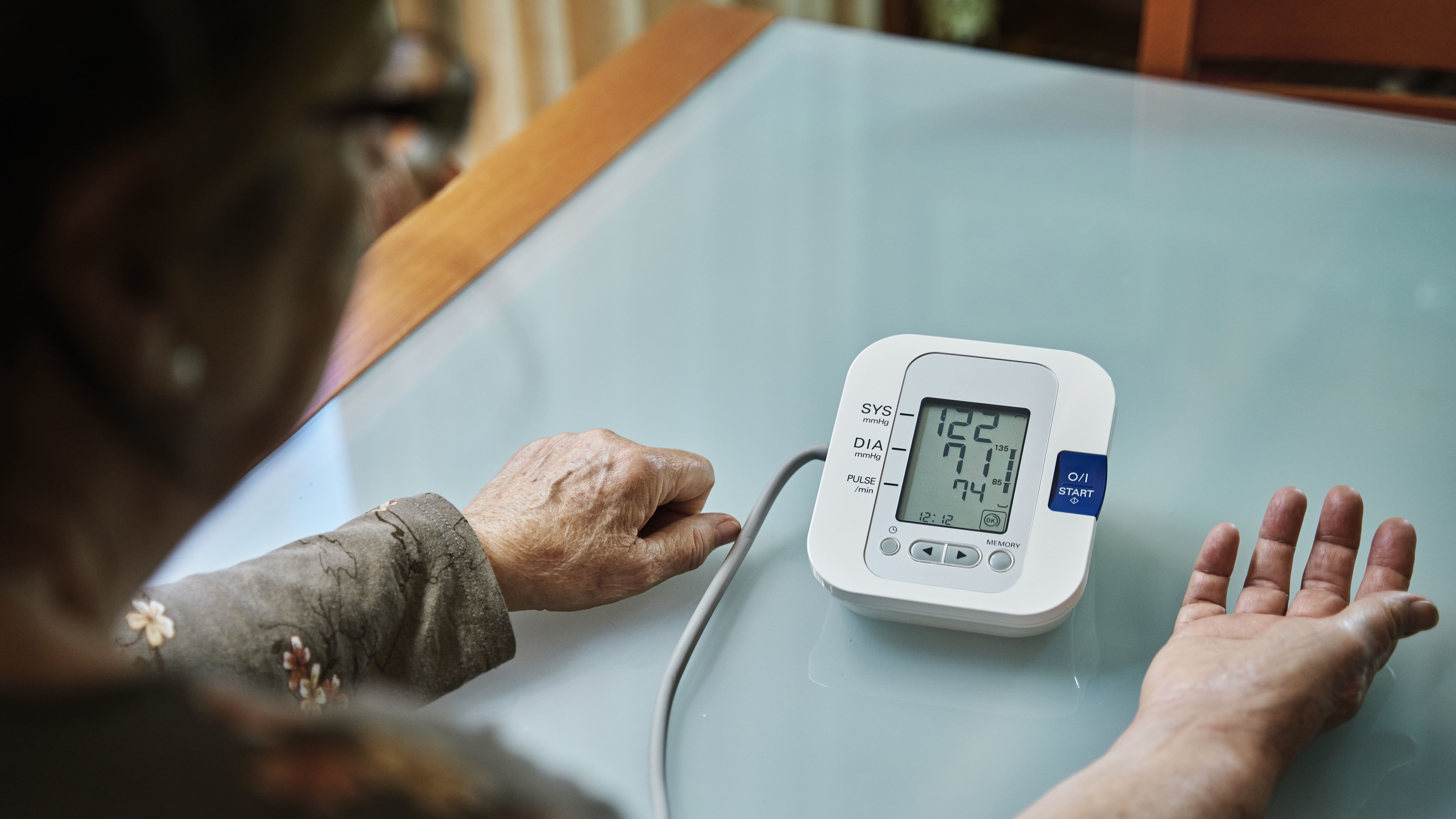Health care research and insights
Leveraging data to build a world of health around every consumer

Explore CVS Health® research reports and insights
At CVS Health®, we aim to turn data into actionable insights that help improve health care outcomes, costs and accessibility. From advancing our care delivery and management programs to driving personalized consumer solutions, our clinical research and perspectives are focused on the most pressing health care issues.

Dive deeper into our research and perspectives
Affordability
Our research evaluates how the U.S. health care system can bring down the costs of care, boost access and equity and support better health outcomes.

Equity and accessibility
We’re focused on improving access to care and addressing the social determinants that create barriers to optimal health.

Outcomes and quality
We analyze clinical data to help improve quality of care and the health solutions we offer across CVS Health.

Innovation
Our research informs and evaluates innovative solutions to improve delivery of health care, engage people throughout their health journey and navigate new and emerging therapies.

Explore our annual pharmacy report
The Rx Report
Using survey data from pharmacists and consumers, the annual Rx Report analyzes industry trends in community pharmacy and identifies key opportunities to evolve pharmacy care.

Read some of our latest peer-reviewed research
-
Use of maternal-fetal medicine subspecialist services by commercially insured pregnant people
-
Associations between symptom-based long COVID clusters and long-term quality of life, work and daily activities among individuals testing positive for SARS-CoV-2 at a national retail pharmacy
-
Limited RSV vaccine administration: A case for redesigning the preventive care model
-
Women accessing care at a national network of retail health clinics
-
COVID-19 and influenza vaccine co-administration among older US adults
-
Comprehensiveness, accuracy, and readability of exercise recommendations provided by an AI-based chatbot: Mixed methods study
-
At-home hemoglobin A1c testing during COVID-19 improved glycemic control


